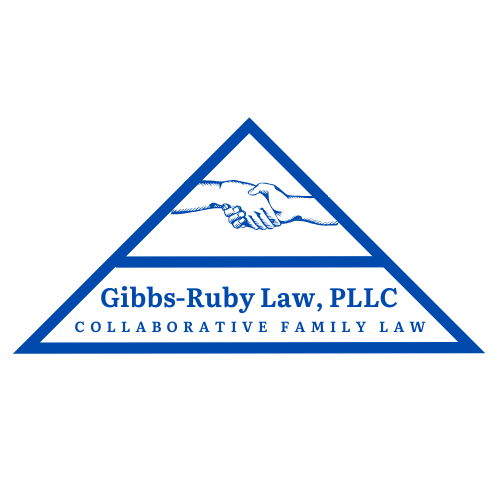Non-Collaborative Family Law
Along with the stress of family transitions is the stress (emotional – financial – other) of being involved in the legal system. This includes having to hire an attorney to help you through the minefield of the divorce / legal separation process.
There are different types of family law litigation. In some cases there is not much in dispute and the parties are able to work with each other and their attorneys to come to agreement on most, if not all issues. They “cooperate” by voluntarily exchanging information and having an open dialogue between the attorneys and the parties.
Technically there is no such thing as “cooperative” divorce. It is not in a court rule and not in a statute. While someone can be cooperative and promise to act in good faith and with full disclosure, we cannot protect you, or ourselves, in a “cooperative” setting as there is no guarantee, or signed contract, requiring them to follow through with their commitment. Any case that does not have a signed Collaborative Participation Agreement is litigation, subject to the Court Rules that govern litigation.
The most extreme type of litigation is where there is a complete lack of productive communication between the parties, the parties are unable or unwilling to work together to come to a resolution that reflects what they need and desire, and the parties are willing to delegate the decision-making authority to the courts to tell them what to do.
Some couples simply are unable to cooperate with each other to reach a mutually agreeable resolution of their case and must have a third party make the interim and final decisions. Our experience is that in cases that go to trial we have never seen a case where, after hearing the Judge make a ruling, both parties left the litigation process happy or content. In many cases this discontent leads to years of future discord and expense as clients try to undo what they feel happened to them in the litigation process.
This litigation style is marked by a complete lack of cooperation between the parties and their attorneys. As a result, rather than a voluntary disclosure of all the information needed to make a decision, either by the Judge or the parties, the attorneys will rely on the court rules to work through this process. This can involve the filing of motions with the court, sending out subpoenas, interrogatories, and requests for production, hiring experts, and taking depositions of the parties and others.
As you can see, or as you have already experienced, this litigation style is very different from amicable cases where the parties are able to handle the separation and legal process in a respectful, cooperative manner.
While we will work with you in litigation cases that have not reached such a heightened level of conflict, because we are well-trained and believe in our ability to model principles of good faith and full disclosure in a manner that your spouse or partner may be willing to mimic, we will NOT do contested hearings or trials. If we decide to work together and we are unable to help you reach a resolution without a court hearing or trial, we will transition you to an attorney who specializes in that work.
